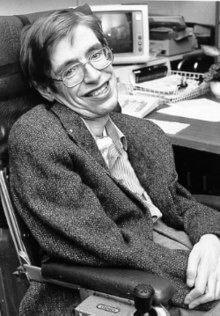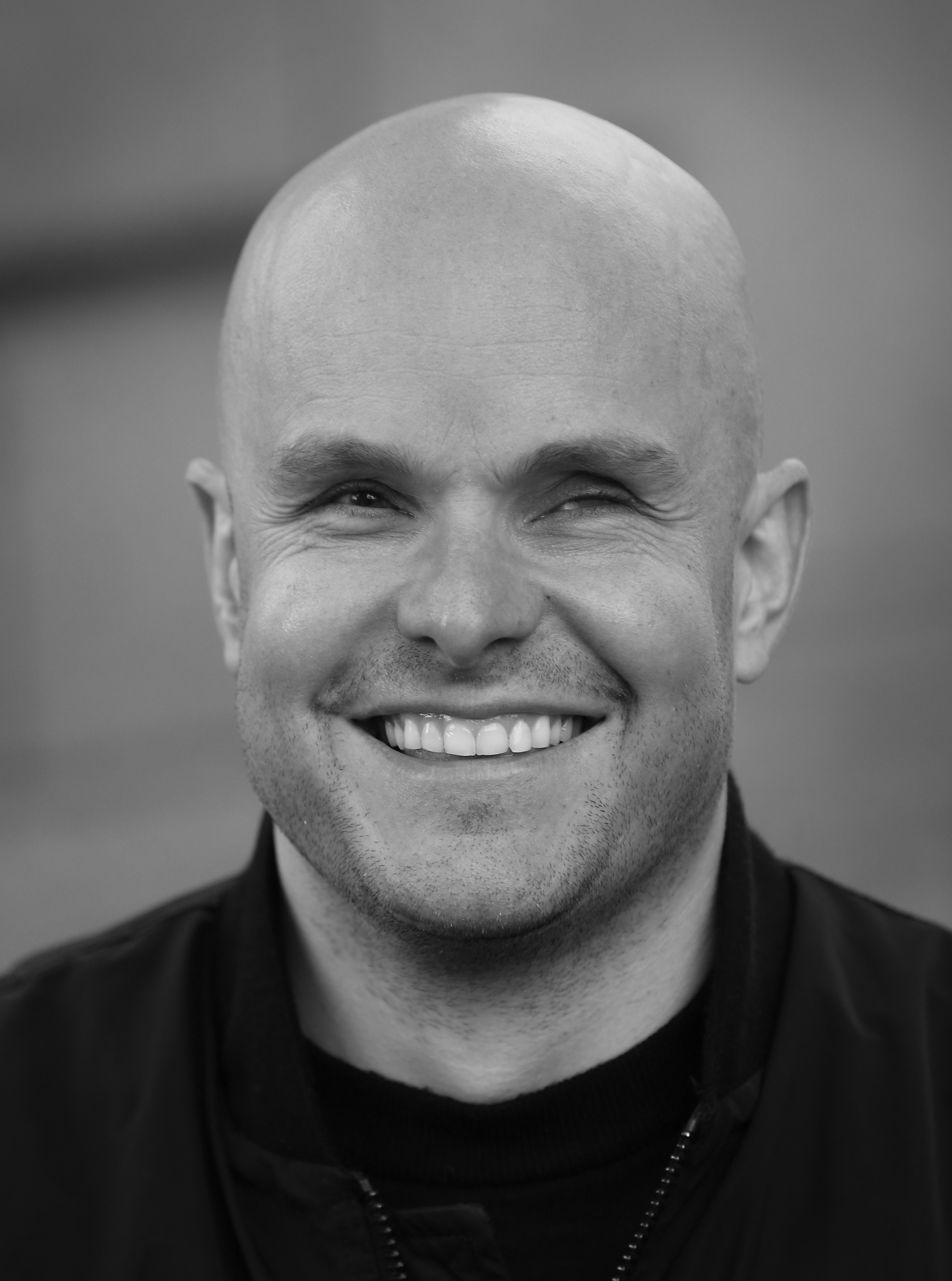- +91-95604-34635
- [email protected]
- Flat # 586, Sector 13 - A, Dwarka, New Delhi - 75
Disability:A Mere Perception Or A Great Threat
if your daily commute forces you to waste precious hours stuck in traffic or to elbow your way into overcrowded public transit vehicles, you probably need little convincing about the importance of good quality, reliable transport. Now, imagine your frustration if, instead of simply dealing with less-than-perfect transport, you had to make do with no transport at all.
For many persons with disabilities, this is not just fiction, but a daily struggle that is all too real: a large proportion of urban and inter-urban transport systems remain either completely off-limits or incredibly difficult to use for passengers with disabilities, turning even the shortest trip into a logistical nightmare.
Touching the lives of all for ensuring their well being is the basic rule of good governance and development. Targeted interventions are required for the upliftment of people in any disadvantaged position. In India, the disabled population is a significant section as they constitute 2.21 % of the total population according to Census 2011. Statistics on disabled persons is important in view of the special measures required for facilitating their lives.
People with disabilities are vulnerable because of the many barriers we face: attitudinal, physical, and financial. Addressing these barriers is within our reach and we have a moral duty to do so...... But most important, addressing these barriers will unlock the potential of so many people with so much to contribute to the world. Governments everywhere can no longer overlook the hundreds of millions of people with disabilities who are denied access to health, rehabilitation, support, education, nd employment—and never get the chance to shine.
Stephen Hawkins
Mobility constraints are a major obstacle to disability-inclusive development, as they exacerbate the economic, social, and personal isolation of persons with disabilities, and tend to push them further into poverty. India is now home to the world's largest number of blind people. Of the 37 million people across the globe who are blind, over 15 million are from India. What's worse, 75% of these are cases of avoidable blindness, thanks to the country's acute shortage of optometrists and donated eyes for the treatment of corneal blindness. While India needs 40,000 optometrists, it has only 8,000. On the other hand, while India needs 2.5 lakh donated eyes every year, the country's 109 eye banks (five in Delhi) manage to collect a maximum of just 25,000 eyes, 30% of which can't be used. According to Ajeet Bhardwaj, outgoing president of the Asia Pacific Optometrists Organisation, India has 12,000 ophthalmologists who have no time to conduct blindness-preventing surgeries because they are flooded with general eye check-up of patients.
But these figures can change and obviously changing slowly and some steps has been taken and some are to be taken to improve these statistics and provide a better life to disabled people.
The Government of India formulated the National Policy for Persons with Disabilities in February 2006 which deals with Physical, Educational & Economic Rehabilitation of persons with disabilities. In addition the policy also focuses upon rehabilitation of women and children with disabilities, barrier free environment, social security, research etc.
The National Policy recognizes that Persons with Disabilities are valuable human resource for the country and seeks to create an environment that provides them equal opportunities, protection of their rights and full participation in society
Analytical work: in partnership with the World Health Organization (WHO), the Word Bank released the first-ever World Report on Disability, and will soon be launching a new flagship study on mental health, an issue that is often overlooked in the global conversation about disability. In the transport sector, our experts have developed an extensive knowledge base to help stakeholders understand the technical aspects of universally accessible transport.
Real Short Story
"I went blind at 22. From an athlete, I became a young man with a white cane, unsure how to live my life," Mark Pollock, a Forum Young Global Leader explains. But very soon, he found a deeper purpose in life, and realized his disability didn't have to stop him from achieving great things.
"I began to race in deserts, mountains, across oceans, and on the 10th anniversary of going blind, I raced over 43 days to the South Pole."
But in 2010, an accident left him paralyzed, and once again his world changed overnight: "My new life was shattered."
He had a choice: to let his disability define him for the rest of his life, or to continue fighting. There was only ever one way it was going to go.
"If I just sat in a wheelchair, I'd be giving up completely," he remembers. Today, he's working with other leaders from science, technology and communications to fund and fast-track a cure for paralysis.



